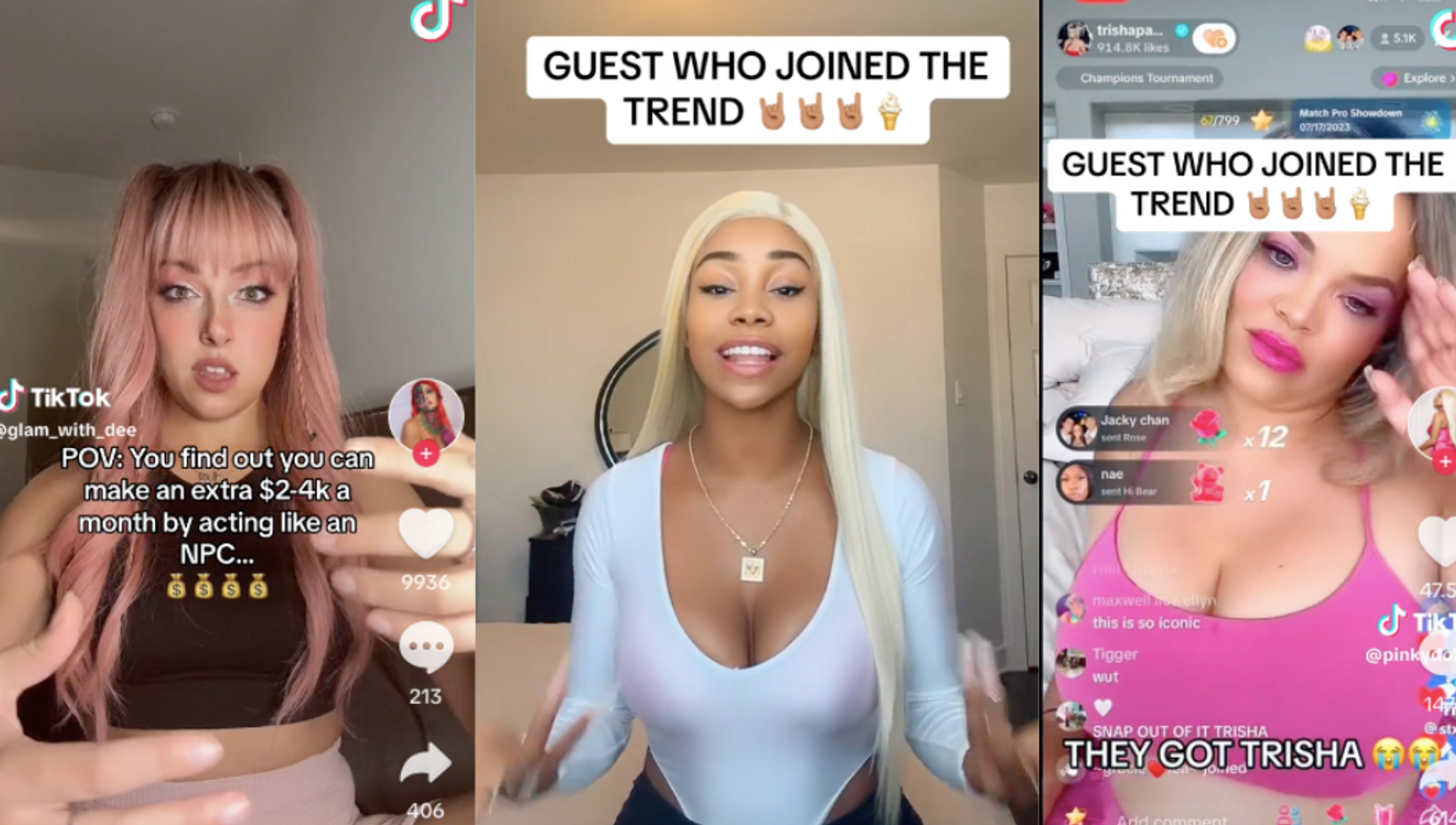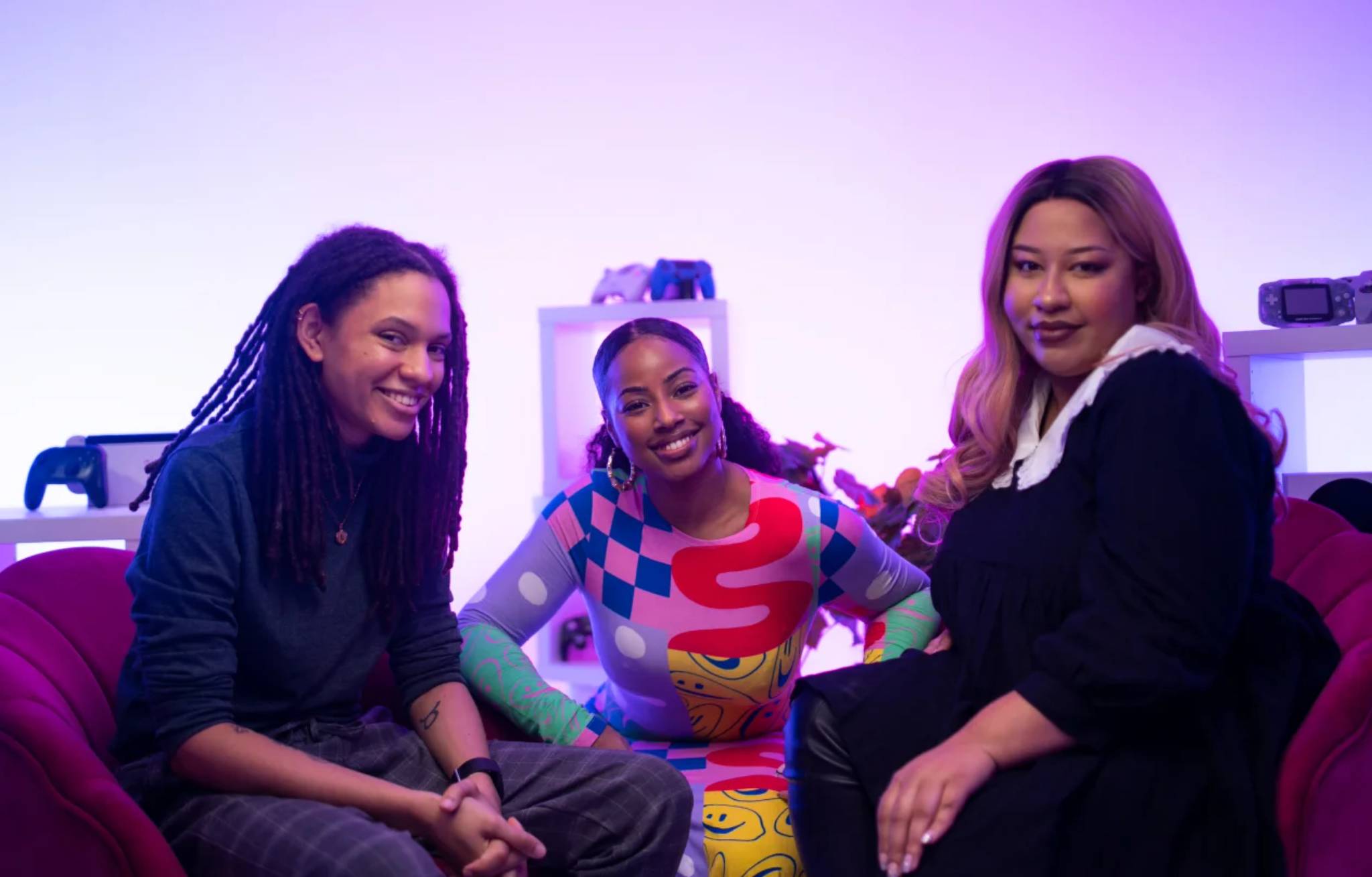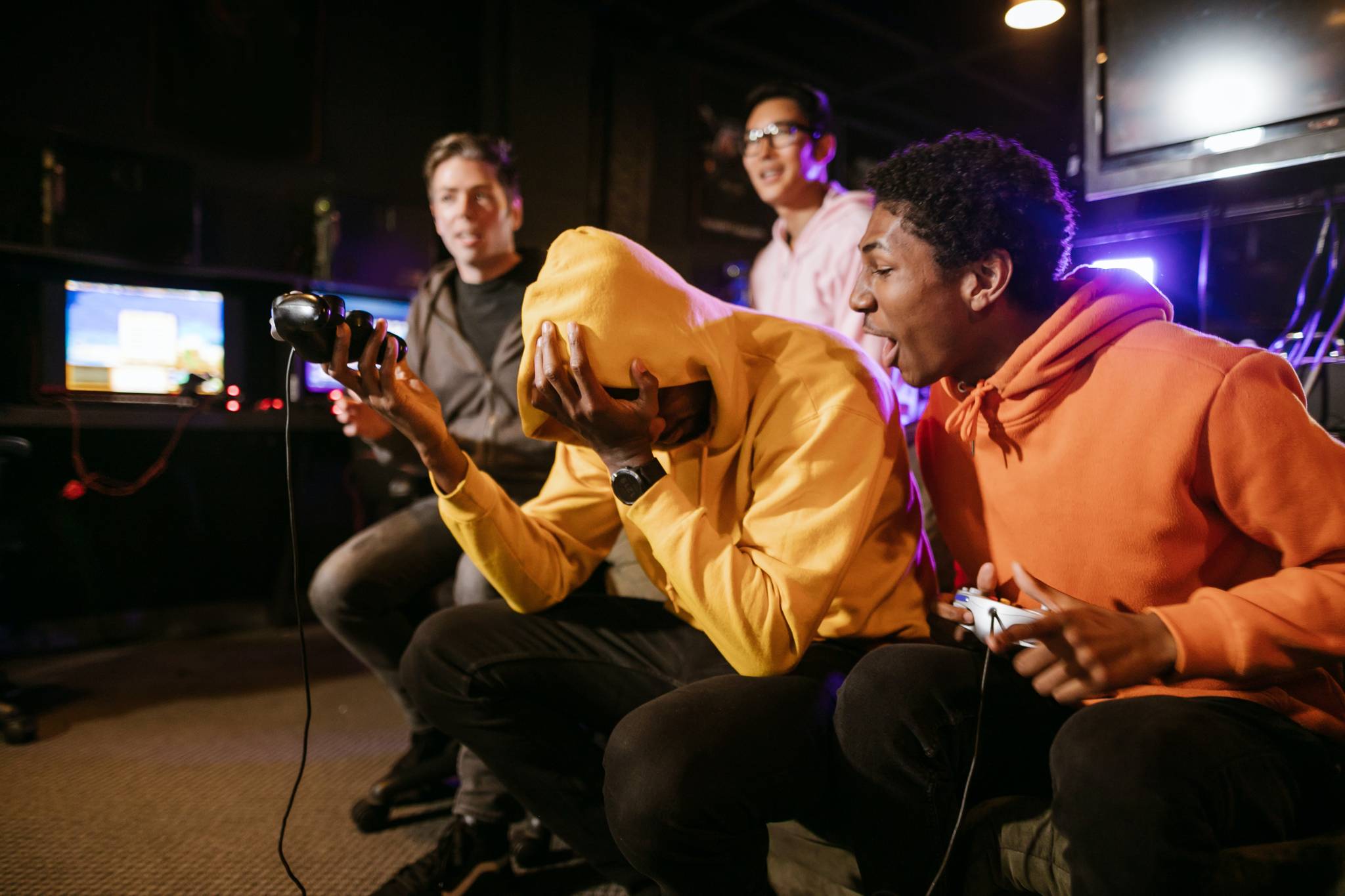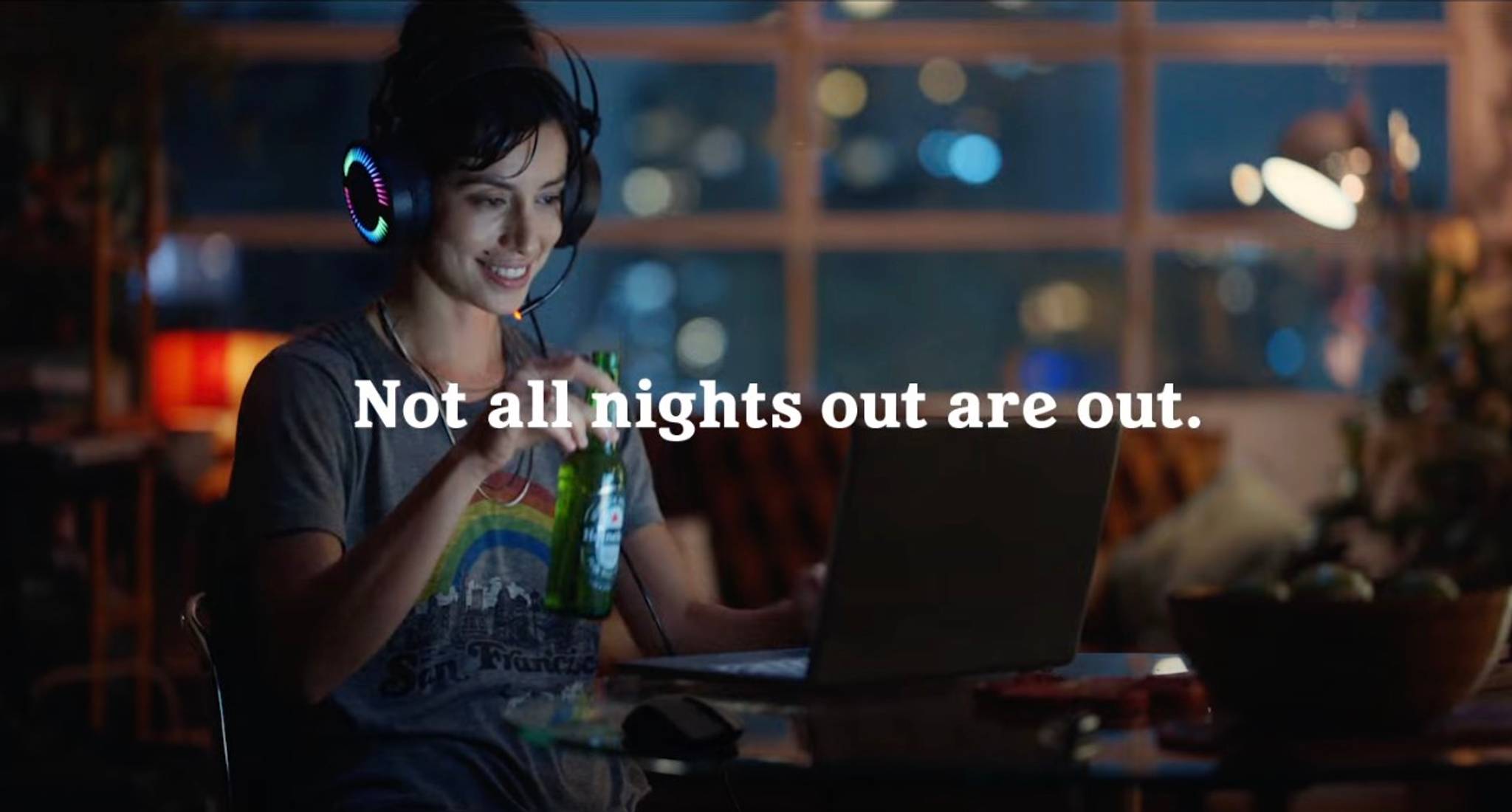
TikTok is awash with people pretending to be non-playable characters and it's getting a little weird. Live streaming for hours on end and reacting to monetary donations with stock phrases and movements, thousands are tuning into these videos. But what does this niche take on influencer culture mean?
If you frequent the digital depths of TikTok, chances are you’ve come across videos where people seem to be stuck in a loop. Moving in cyclical patterns like they're part of a character select screen in a video game, repeating phrases like 'ice cream so good', 'yes yes yes', and 'you've got me feeling like a cow girl', it seems like a big glitch in the matrix type of vibe.
Welcome to the weird world of NPC TikTok – the latest trend on the platform that sees people being monetarily rewarded by followers and viewers for doing, well, not much at all.
NPC is a term that comes from the world of video games and means 'non-playable character' – sort of like simulated background extras that populate the virtual worlds that games take place in. They walk around, and maybe have a couple of lines of dialogue if you interact with them, but they don't push the story forward or have any real purpose in the game itself.
So, NPC content creators on TikTok aren't giving an insight into their own lives through vlogging, they're not playing games for people to watch along with them, or lip-syncing to sound bites, or being performatively altruistic – instead, they're just sitting there, waiting for people to donate to them.
Pinkydoll is the best-known of the NPC creators, having become the face of the movement – her live streams consist of her standing on TikTok live for hours on end, reacting to donations with stoic set phrases. Her act is so consistent that a rare occurrence of her breaking character to chastise her son set the Internet aflame – with people intrigued, fascinated, and in some ways disappointed.
So, why are people pretending to be NPC characters? One reason could be that there are reports of Pinkydoll – and other accounts like cherrycrush_tv and shu_.tiktok – making up to $7000 a day on TikTok live. Money talks. And why is this content resonating with so many people online? The synthetic nature of these characters provides audiences with a visceral break from reality, and NPC videos place viewers in a narrower, safer, and more closed-off world.
The NPC vibe shift reflects a move away from traditional influencer content as people begin to see through the veneer of algorithmic-tailored and aesthetic-style videos, leaning into the era of de-influencing that feels more relatable on an emotional and real-world level.
But there is an interesting power dynamic happening within the NPC world – so much of the power of performance is in the hands of the viewers. The NPC performers themselves are at the mercy of their audience, who dictate exactly what they do and when they do it – meaning that the balance of power differs from that of traditional viewer and audience relationships.
As fandom shifts, and fans expect more from the objects of their obsessions, this direct line of communication and opportunity for co-creation is increasingly expected. NPC creators are opening up a two-way dialogue with their audiences, allowing their viewers to control not only their output but their actual performance which may change the future of influencer-fan relationships.



